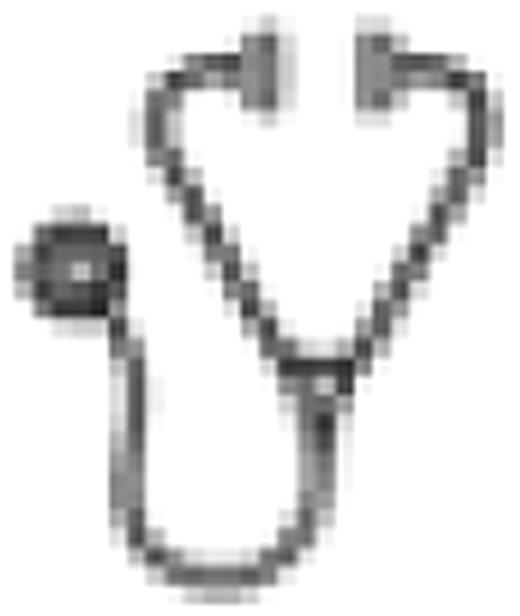Abstract
The occurrence of cytogenetically-unrelated clones is a rare but recognized event in haematological malignancies that may appear at either presentation or in further progression of disease. As yet, little is known about the composition and prognostic relevance of unrelated clones in MDS and AML. The aim of this retrospective study was to analyze cases of unrelated clones in a large, multicentric and international study to further characterize their clinical relevance in myeloid disorders.
A total of 95 patients with unrelated clones and their corresponding clinical data were collected from 10 different databases: MLL (n=30), German-Austrian-Swiss (16), Athens (11), City of Hope (10), Bobigny (6), Lund (5), Tokyo (5), Spanish (4), IMRAW (3), and Dortmund (2). 77 pts. (81.1%) had a diagnosis of primary MDS, 5 (5.3%) t-MDS, 9 (9.5%) de novo AML, and 4 (4.2%) AML following MDS. Abnormalities detected FISH only were excluded. Unrelated clones were defined as two abnormal clones that were not evolvable from each other. Overall survival and the risk of AML transformation was calculated. For comparison MDS cases without unrelated clones were included from the international MDS database, including 2901 pts. with primary MDS.
Two unrelated clones were seen in 80 pts. (84%), three in 14 (15%) and five in 1 patient (1%). The majority of cases showed one aberration per clone (84.5%). The most frequent single aberration was +8 (43.2%), followed by del(5q) (28.4%). Other anomalies were -7/del(7q) (14.7%), -Y (12.6%), del(20q) (9.5%), +21 (7.4%), i(17q) (5.3%) and del(9q) (5.3%). Complex aberrations were identified in 3/95 cases (3.2%) only. Patients with unrelated clones showed an overrepresentation of +8 (p<0.0001), -Y (p=0.031) and i(17q) (p=0.013) in comparison to patients without unrelated clones. A combination of del(5q) and +8 was observed in 13/95 (13.7%) cases. Other recurrent combinations were: -7/+8 (n=2; 2.1%), -Y/del(5q) (n=2; 2.1%) and del(5q)/20q- (n=2; 2.1%). Translocations occurred only in single cases. The median survival of all patients with unrelated clones was 26.5 months, a finding consistent with an intermediate prognosis. Patients with a +8 clone and a clone with any other aberration showed a median survival of 21.0 months. Combinations of del(5q)/+8 (median 45.8 months) as compared to isolated del(5q) showed no significant difference in survival and in comparison to cases with +8 plus a clone with any other aberration, led to a significantly better survival (p=0.004).
Our data presents the largest series of MDS/AML patients showing unrelated clones published to date. While the most frequent combination del(5q)/+8 is associated with a favourable outcome, all other combinations have to be assigned to the intermediate risk group until further distinct combinations can be evaluated. Further data will be presented in detail.
Haferlach:MLL Munich Leukemia Laboratory: Employment, Equity Ownership. Slovak:PerkinElmer: Employment. Ohyashiki:Nippon Shinyaku Co., Ltd.: Research Funding. Giagounidis:Celgene: Honoraria, Membership on an entity's Board of Directors or advisory committees. Bennett:Johnson & Johnson: Consultancy.

This icon denotes an abstract that is clinically relevant.
Author notes
Asterisk with author names denotes non-ASH members.

